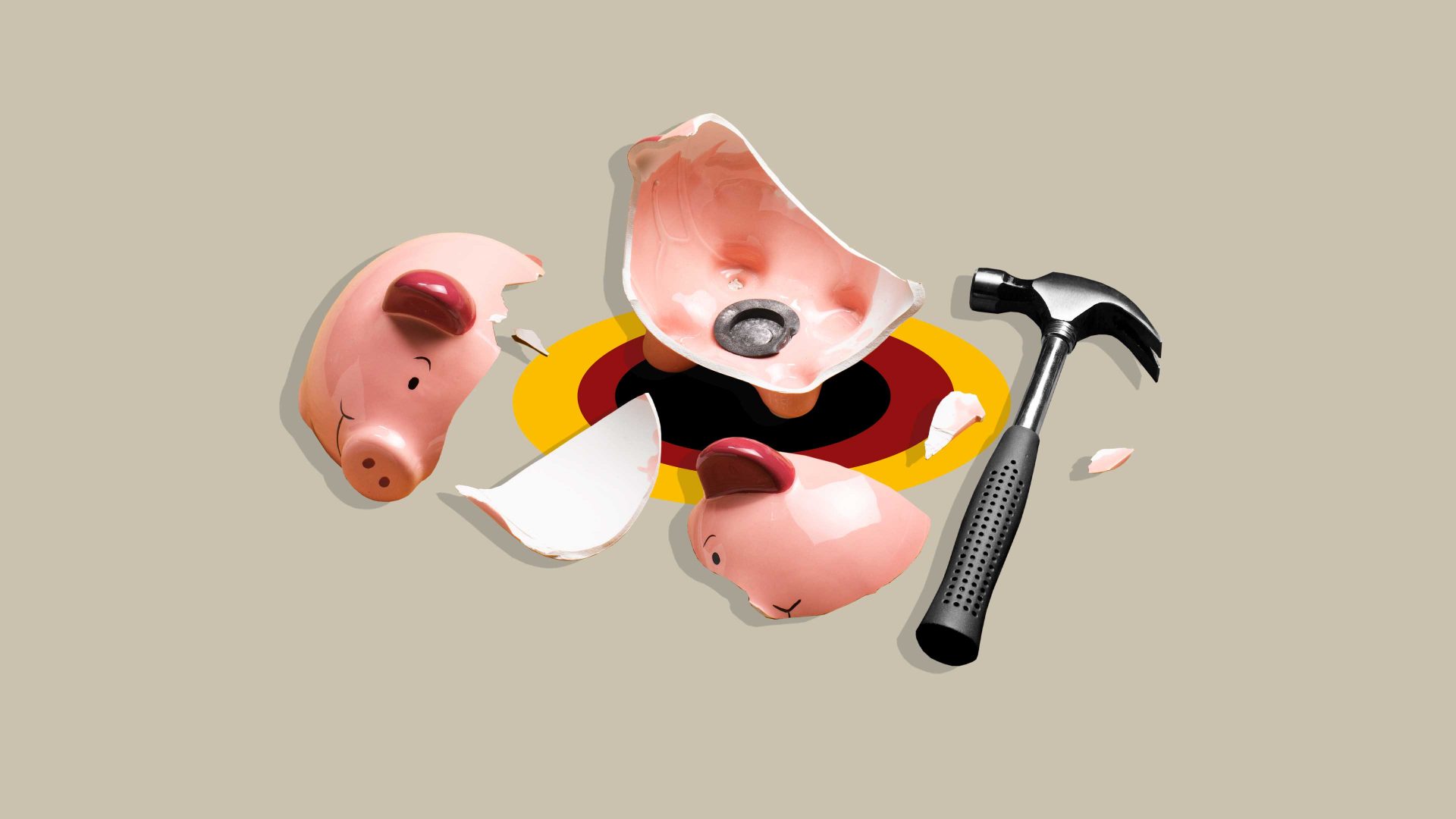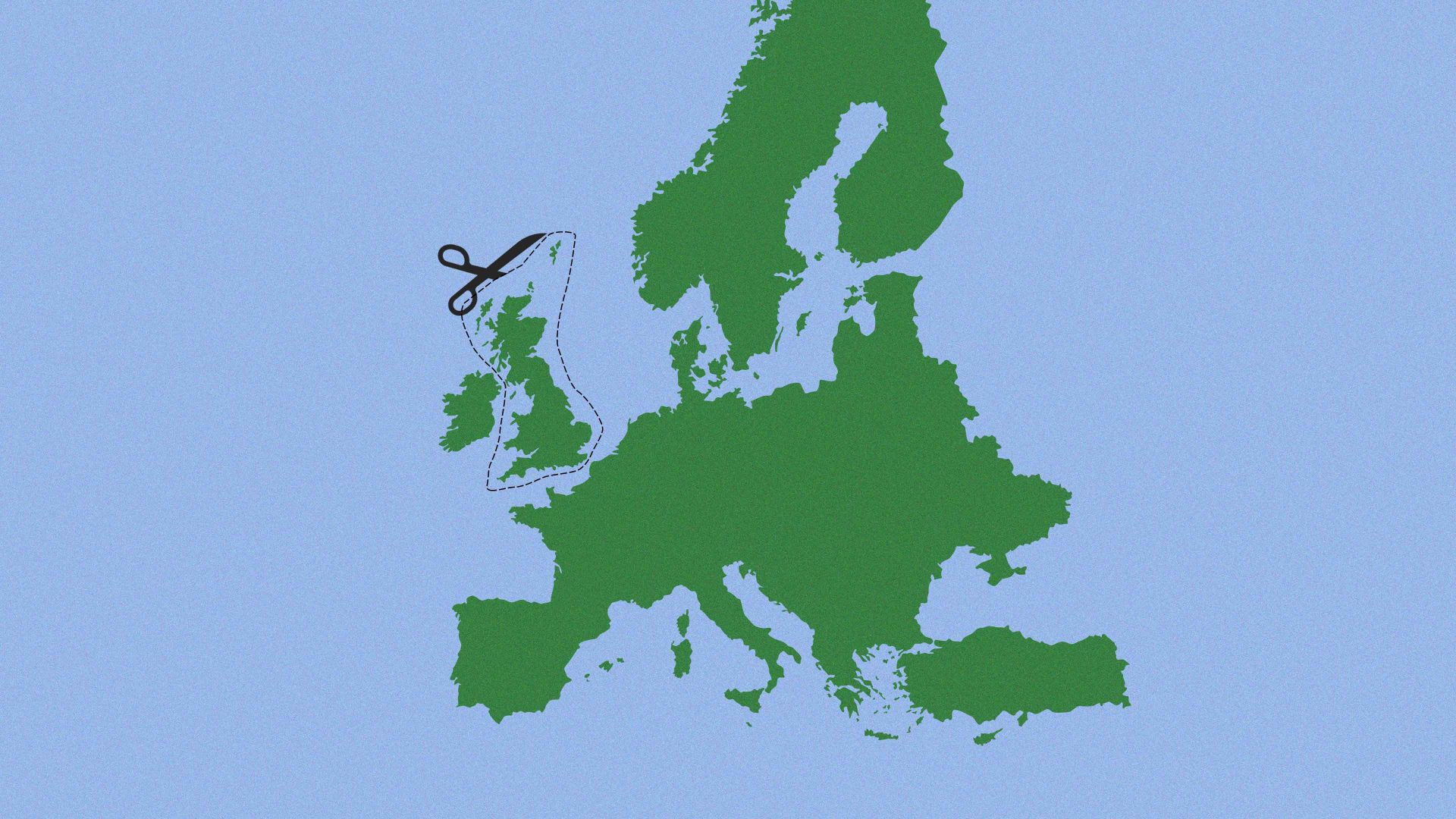In the grand theatre of German politics, fiscal responsibility is often paraded as the cape that protects the national superhero. And admittedly, when comparing Mediterranean and Teutonic approaches during the financial crisis, the euro crisis and pretty much every other financial crisis, we appear to be more disciplined than our neighbours. But we certainly aren’t the eager beaver of budgetary rigour we pretend to be.
Picture this: the very same day Suella Braverman was dressed down by the UK Supreme Court over Rwanda, the Bundesverfassungsgericht (try saying that three times) decided to rain on the budgetary gymnastics of the German government. It made quite a splash: according to the judges, not just one but several core fiscal principles had been violated.
In short, the coalition of SPD, Greens and the business-orientated FDP had relocated €60bn (£52.5bn) of untapped emergency credits meant for pandemic relief. Their destination? The climate and transformation budget. If anything, this is the coalition’s policy centrepiece. But the Karlsruhe-based judges cited fiscal foul play and held up the court’s tradition to keep the government in check.
Another tradition – that of annual meetings and even dinners between the Bundeskanzler, cabinet members and the judges – has lately led to speculation about the court’s political independence. It now very much looks as if the 16 red-robed judges, divided into two senates, recognise the rule of law when they see it. They didn’t just blow a €60bn hole in the budget, they basically annihilated the foundation on which the three-party coalition was built two years ago. Ouch.
Let’s rewind to the coalition’s birth in 2021: the FDP insisted on putting on the straitjacket of the so-called Schuldenbremse again, a debt brake that restricts the public deficit to 0.35% of GDP. The instrument, written into the German constitution in 2009 to slash debt, had been suspended during the pandemic in accordance with the rules for fiscal emergency. But this emergency was now obsolete.
The Greens, on the other hand, wanted active state engagement for climate protection, to revolutionise the energy supply. The SPD was eyeing tax increases.
Cue the compromise – a shuffle of unused credits from the past into the future. A budgetary magic trick, but the judges weren’t impressed, and the rabbit has now disappeared. Which is all the more embarrassing as this magic was performed under the eyes of the chancellor, Olaf Scholz – as a former finance minister in Angela Merkel’s coalition, he should have known better.
Post-verdict, Scholz hastily proclaimed that the government would respect the court’s decision (what else?) and he and his coalition partners, all sporting shades of grey on their faces, assured the press that, essentially, nothing had happened. When in fact the Green minister for economic affairs, Robert Habeck, had predicted an economic apocalypse only six months ago should the judgment turn out like it did.
Fast forward to December 1, when the next budget is due for a vote in parliament. The budget committee has already had one painful, 17-hour-long session to adjust things – but how to adjust something that is gone faster than Scrooge McDuck jumping into an empty pool of money?
The court’s scathing verdict shatters the fragile foundation on which the coalition was built. So everything is back to where it started: the Greens are itching to loosen the debt brake, the SPD agrees and is eyeing tax rises again. These are once more vetoed by the FDP, which advocates for belt-tightening, arguing that public spending has been doing the cha-cha upwards for a decade. “We have to make more effective policies with less money,” said the party’s chairman and finance minister, Christian Lindner. He is suspected of secretly celebrating the Karlsruhe judgment, as it pretty much solely hits “off-balance sheet” programmes championed by the Greens.
But it doesn’t end here. The reason the court was involved in the first place is down to a constitutional complaint filed by the CDU. It is not only the leading opposition party, it also rules several German states – and their copycat budgeting is equally ruled out by the court’s decision. The northern state of Schleswig-Holstein is already planning to declare a budget crisis; others may follow soon.
So while the future of several budgets is now foggy, it becomes increasingly clear that what started as an ambitious coalition of progress will now have to limp towards pragmatism until the next election in 2025.




